Cutting Edge B: Immuno Insights
- Registration Closed
Infectious diseases such as tuberculosis and HIV infection remain the leading cause of morbidity and mortality worldwide necessitating novel and innovative interventions. The ability of the human immune system, in particular of T cells, to fight pathogens can be exploited for effective therapeutic strategies, including vaccines and new drugs. In this field, flow cytometry and advanced imaging can help to understanding the innate and adaptive immune responses both at the periphery and in the tissue microenvironment.
Agenda and Speakers
Session Moderators
Sara De Biasi, PhD, Asst. Professor of General Pathology and Immunology, University of Modena and Reggio Emilia School of Medicine
Elisa Nemes, PhD, Associate Professor, South African Tuberculosis Vaccine Initiative, Dept. of Pathology, Division of Immunology, University of Cape Town
Defining the Nature of Human CD8+ T Cell Function in Tissues
Michael Betts, PhD, Professor of Microbiology, Perelman School of Medicine at the University of Pennsylvania
How is Cytometry Helping us Fighting Tuberculosis?
Elisa Nemes, PhD, Associate Professor, South African Tuberculosis Vaccine Initiative, Dept. of Pathology, Division of Immunology, University of Cape Town
Exploring Cellular Patterning in the Immune System
Michael Gerner, PhD, Assistant Professor, Dept. of Immunology, University of Washington
Elisa Nemes, PhD (Moderator)
Associate Professor, South African Tuberculosis Vaccine Initiative, Dept. of Pathology, Division of Immunology, University of Cape Town
Dr. Nemes completed her PhD in HIV-specific T cell immunology in Italy and France. She then worked on paediatric immune responses to HIV and tuberculosis in Cameroon. She joined the South African Tuberculosis Vaccine Initiative in 2011, where she is involved in the scientific supervision of clinical trials of new tuberculosis vaccines, development of immunodiagnostics and basic immunological studies on adaptive and innate immunity to M. tuberculosis in HIV infected and uninfected children, adolescents and adults. Dr. Nemes is centrally involved in collaborative projects aimed at defining immune correlates of protection from M. tuberculosis infection and tuberculosis disease.
Sara De Biasi, PhD (Moderator)
Asst. Professor of General Pathology and Immunology, University of Modena and Reggio Emilia School of Medicine
Sara De Biasi is interested in the dynamics of T cell homeostasis and functions in conditions of acquired immunodeficiencies, with a special focus on HIV infection and solid organ transplantation and related therapies. More recently, her work focused on multiple sclerosis as a model to study autoimmunity. In particular, she is investigating the role of innate-like T cells (iNKT cells), rare cell populations among peripheral blood mononuclear cells. In addition, she took advantage of the experience acquired in the field of rare events detection such as iNKT cells to study circulating endothelial cells (CEC), their precursor (EPC) in different type of cancers.
Michael Betts, PhD
Professor of Microbiology, Perelman School of Medicine at the University of Pennsylvania
Dr. Michael Betts received his PhD in Microbiology and Immunology from the University of North Carolina in 1998, studying CD8+ T cell responses in HIV elite controllers. He completed his postdoctoral training with Dr. Richard Koup at the NIH Vaccine Research Center in 2005, where he continued to define HIV-specific T cell responses through the development and implementation of novel flow-cytometry based assays. He started his lab at the University of Pennsylvania Department of Microbiology in 2005, rising to the rank of Professor in 2019. The goal of his scientific research is to gain an understanding of the nature of T cell immune responses to pathogens and auto-antigens in humans. Towards this end, his lab has developed and adapted many immunological assays for the study of viral-specific immune responses in humans, including intracellular cytokine staining, CTL epitope mapping, CD8+ T cells degranulation measurement, and polyfunctional flow cytometry that are broadly used by the global human immunology research community. Since 2012 Ithe lab has transitioned into the study of human and nonhuman primate lymphoid tissues and fluids, including various regional lymph nodes, spleen, thoracic duct lymph fluid, and oral lymphoid tissues in the context of HIV infection, vaccination, diabetes, and multi-centric Castleman’s disease.
Michael Gerner, PhD
Assistant Professor, Dept. of Immunology, University of Washington
Dr. Gerner obtained his Ph.D. in Immunology in 2009 from the University of Minnesota with Dr. Matthew Mescher, studying innate and adaptive immune responses to cancer. He completed his postdoc at the NIH with Dr. Ronald Germain, where he developed and used cutting-edge imaging techniques to study the organization of the immune system in vivo. In 2015, Dr. Gerner joined the University of Washington, Department of Immunology as Assistant Professor. Dr. Gerner investigates how local tissue microenvironments shape the generation of innate and adaptive immune responses during vaccination, infection and cancer. The laboratory continues to develop advanced microscopy and analytical tools to study immune processes on the anatomical, cellular and molecular levels directly in situ.
CMLE Credit: 2.0

